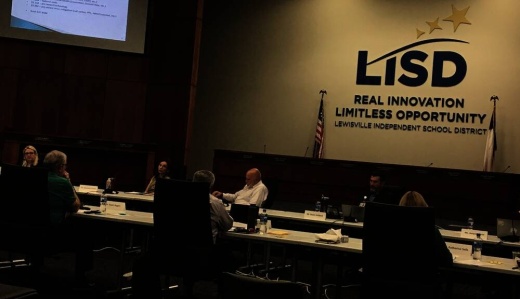But final figures will not be available for at least a few more weeks, according to discussions at a board of trustees workshop Aug. 4.
Preliminary estimates show the district will end the current fiscal year at a $13.6 million deficit. The district took in about $30 million less in revenue than expected last school year. Expenses were also down, mostly due to having fewer students in school because of the pandemic. But the district also incurred millions of dollars in COVID-19-related expenses that will get reimbursed in the coming budget cycle, according to discussions.
For 2021-22, with all students back in person, the district estimates more than $552.4 million in revenue and about $579.1 million in expenses. The district also plans to use about $17.5 million in federal funds related to the pandemic, leaving the district with about a $9.1 million deficit.
The increased expenses are tied to staff raises, retention stipends and market adjustments to salaries. The district also plans to spend millions of dollars on new programs, after-school and summer sessions, and materials to combat students’ learning loss since March 2020.
Enrollment for the upcoming school year is projected to be 50,014 students, according to discussions.
The district’s recapture payment, which requires money from property-wealthy districts be sent to the state, is also increasing. The district’s payment for the current budget is estimated at more than $34.5 million. Next year’s amount is projected to exceed $57.4 million, according to the district.
“That eliminates quite a bit of flexibility,” board President Tracy Scott Miller said.
Due to House Bill 3 passed in the 2019 legislative session, local school boards can no longer set their tax rate for maintenance and operations. That authority now rests with the state.
LISD Chief Financial Officer Mark Youngs said he has not received figures from state officials. His presentation to the board estimated that the district’s total tax rate would go from $1.3473 per $100 assessed valuation to $1.3085.
Using that rate, the owner of a home valued at $300,000 would pay about $116 less in property taxes to the school district next year if the property value remained the same.
LISD’s board is set to vote on the district’s tax rate Aug. 30.





